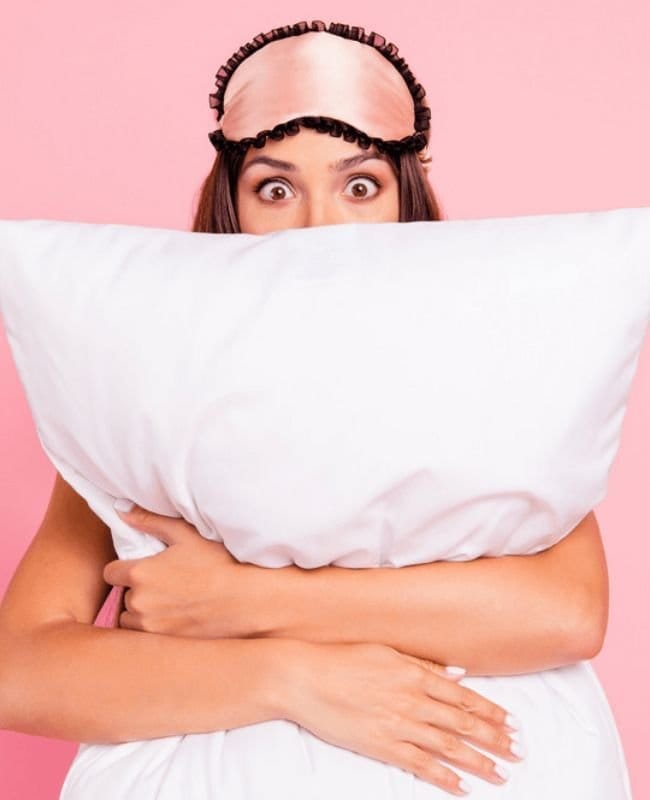
COMMON SLEEP ISSUES
Sleep issues include a variety of problems related to sleeping. Common sleep issues include:
Insomnia: Difficulty falling asleep or staying asleep.
Sleep Apnea: Breathing interruptions during sleep.
Restless Legs Syndrome (RLS): An uncontrollable urge to move the legs, often accompanied by uncomfortable sensations.
Narcolepsy: Excessive daytime sleepiness and sudden sleep attacks.
Parasomnias: Abnormal behaviors during sleep, such as sleepwalking, night terrors, and REM sleep behavior disorder.
These sleep disturbances can lead to a range of health problems, including chronic fatigue, decreased cognitive function, mood disorders, and a weakened immune system. Effective management and treatment of sleep issues are crucial for overall health and well-being.
OVERCOME SLEEP ISSUES WITH CONTROL SYSTEM
The Control System helps manage sleep problems by addressing the psychological and physiological factors that contribute to poor sleep. By promoting relaxation, breaking negative thought patterns, and establishing healthy sleep routines, the Control System can significantly improve sleep quality and overall well-being. It is particularly effective for sleep issues due to its ability to influence both the mind and the body. Here’s how it can help:
1. Inducing Relaxation and Reducing Anxiety
One of the main reasons it’s effective for sleep issues is its ability to induce deep relaxation. Many sleep problems, like insomnia, are worsened by stress and anxiety. The Control System can help reduce anxiety and promote calmness, making it easier to fall asleep and stay asleep.
2. Breaking Negative Thought Patterns
People with sleep problems often have negative thinking or worries about sleep, which can lead to a cycle of insomnia. The Control System helps break these thought patterns and replaces them with positive thoughts and imagery, encouraging a healthier and more relaxed attitude toward sleep.
3. Establishing a Healthy Sleep Routine
The Control System can support the creation of a consistent and healthy sleep routine. By reinforcing positive habits and behaviors, individuals can develop sleep hygiene practices—such as going to bed and waking up at the same time each day, creating a restful sleep environment, and avoiding stimulants before bedtime.
4. Addressing Underlying Psychological Factors
Sleep problems often stem from unresolved psychological issues like stress, trauma, or emotional conflict. The Control System works by uncovering and addressing these issues at the subconscious level, leading to deeper and longer-lasting improvement in sleep quality.
5. Reducing Physical Discomfort
For sleep difficulties caused by physical discomfort—such as restless leg syndrome or chronic pain—the Control System can provide relief by promoting relaxation and reducing the perception of pain or discomfort, making it easier to fall and stay asleep.
6. Improving Sleep Quality
The Control System can enhance the overall quality of sleep by encouraging deeper and more restorative sleep phases. Through guided imagery and relaxation techniques, it supports the body’s natural sleep cycle, helping individuals experience more restful, uninterrupted sleep.


